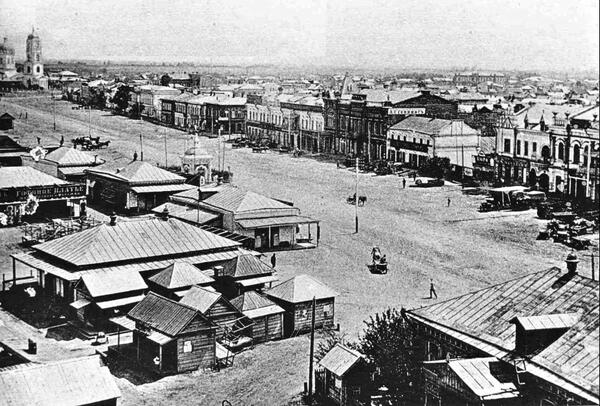The history of Russia is inextricably linked to the history and culture of foreign settlers on the Volga. The main purpose of the invitation for the colonists by Catherine II was to settle the outskirts of the empire and protect them from the raids of nomads. In the period from 1764 to 1768, 104 colonies (over 23 thousand people) were founded on the Volga River. Catherine II hoped that the colonists would be able to use their arts, needlework, crafts, and machines, previously unknown in Russia, to pave the shortest way for Russian citizens to cultivating land, raising forests and livestock, and to opening their own factories.
The emergence of German colonies on the Volga land brought their traditions and customs into our lives, triggered the development of industrial production, agriculture, education, health, science and culture. At the same time, the colonists managed to preserve their identity. Thanks to the settlers, new crafts appeared on the Volga, the interest in them kept to this day, and the good harvests were grown.
This year marks the 80th anniversary of the German people deportation from Russia to Kazakhstan and Siberia, under the Decree of Presidium of Supreme Soviet of USSR (Union of Soviet Socialist Republics) of August, 28 1941.
